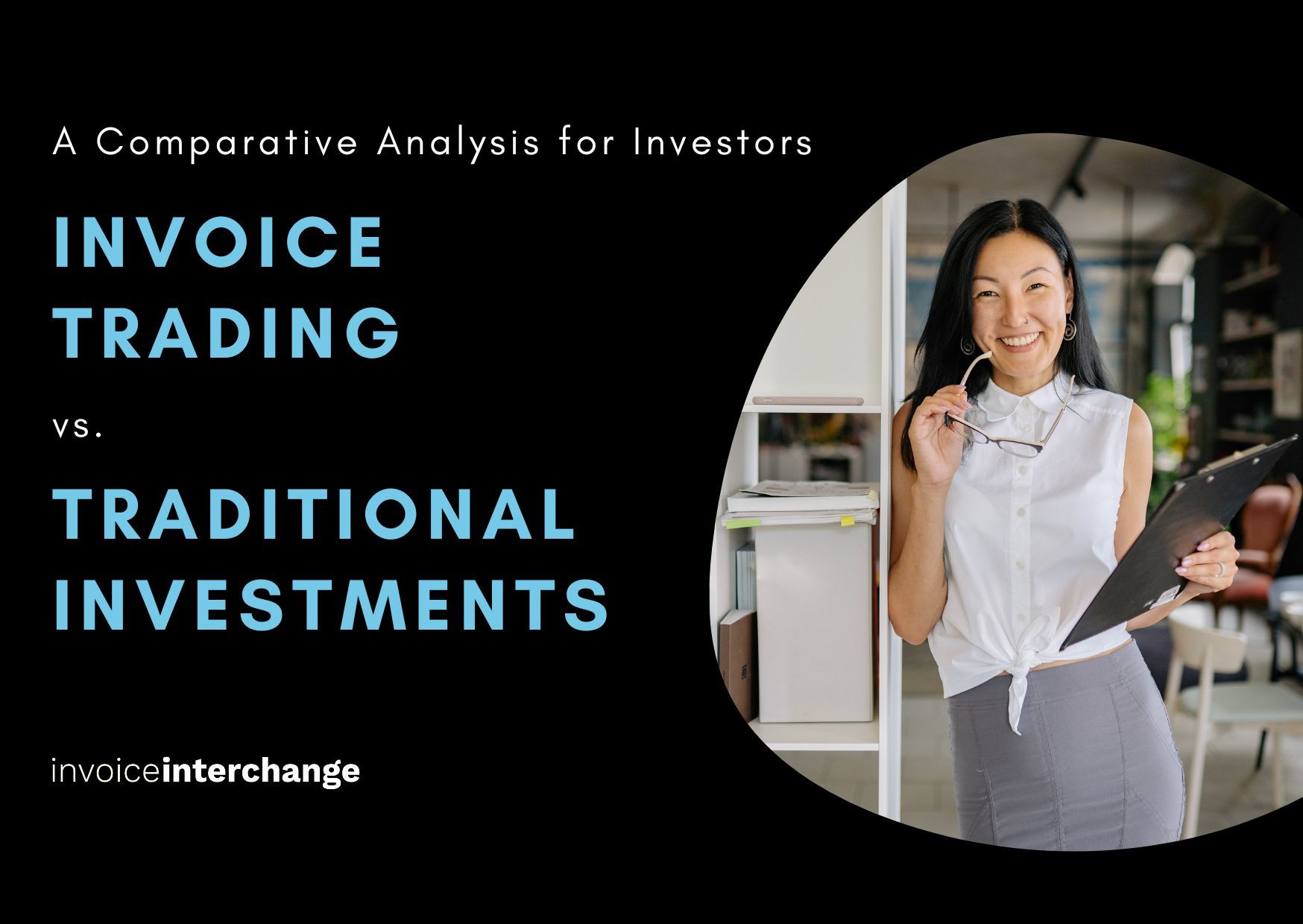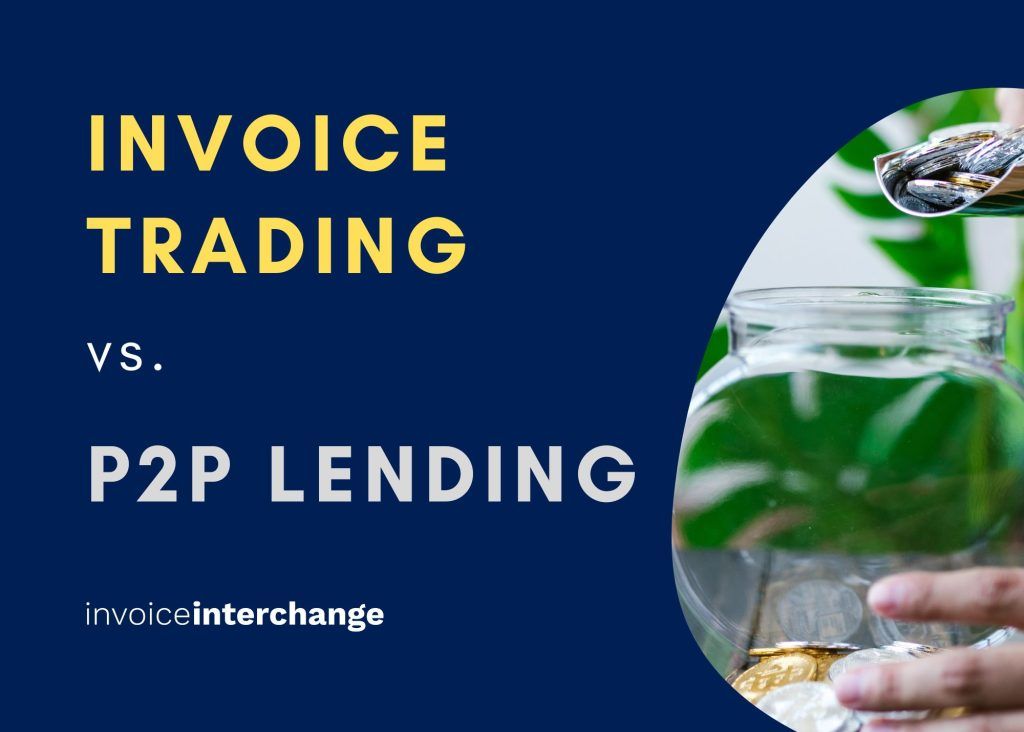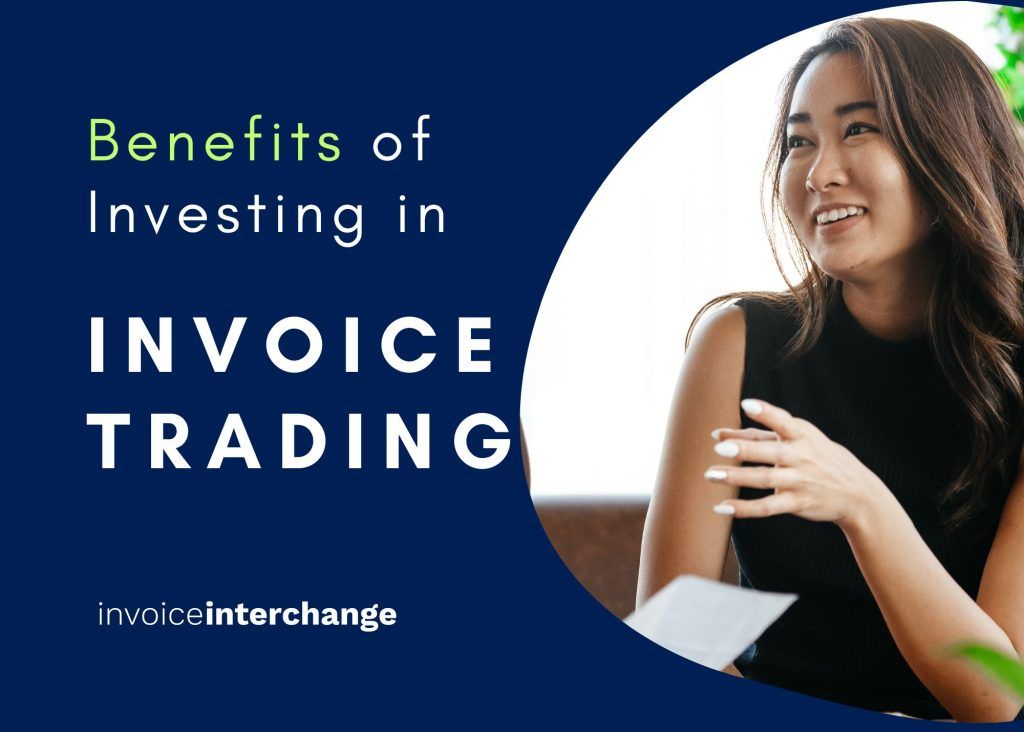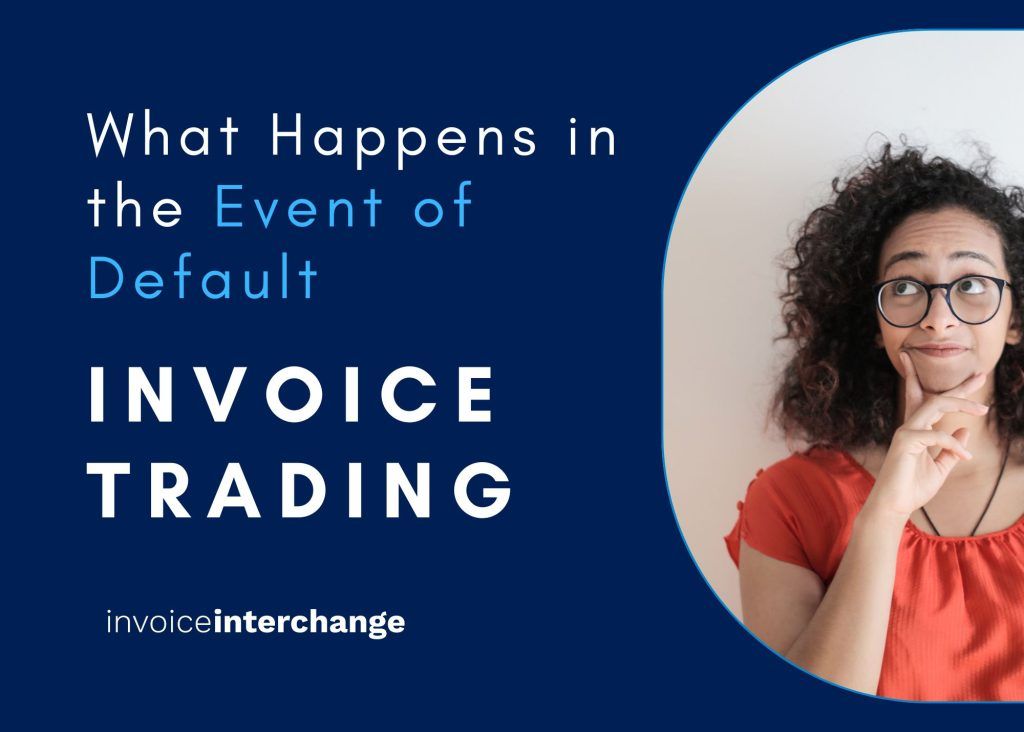
Invoice Trading vs. Traditional Investments: A Comparative Analysis for Investors
In the ever-evolving landscape of investment opportunities, savvy investors are continually seeking ways to optimise their portfolios. Traditionally, investments such as stocks, bonds, and real estate have been the go-to options for those looking to grow their wealth steadily. However, in recent years, alternative investment avenues like invoice trading have emerged, presenting a compelling alternative to the conventional methods. In this article, we will delve into the comparative analysis of invoice trading and traditional investments, shedding light on the key differences, risks, and potential rewards for investors.
Understanding Traditional Investments
Traditional investments have long been the cornerstone of wealth-building strategies. Stocks, bonds, and real estate have proven track records, providing investors with stable returns over time. These investments often come with a degree of predictability and historical data that allows investors to make informed decisions. The stock market, for instance, has been a reliable source of wealth accumulation for decades, with dividends and capital gains being the primary drivers of returns.The Appeal of Invoice Trading
On the flip side, invoice trading represents a relatively newer entrant into the investment arena. Also known as invoice financing or factoring, this alternative investment involves purchasing outstanding invoices from businesses at a discount. Essentially, investors act as lenders to businesses in need of immediate cash flow, and in return, they receive the full invoice amount when it is eventually paid by the debtor.Risk and Return Dynamics
One of the fundamental differences between invoice trading and traditional investments lies in the risk and return dynamics. Traditional investments, while generally stable, may offer slower and more gradual returns. In contrast, invoice trading has the potential for quicker returns, approximately between 6% to 25% pa. However, this comes with a higher level of risk. The stability of traditional investments can be appealing to conservative investors, while those seeking more dynamic opportunities may find the fast-paced nature of invoice trading attractive.Liquidity Considerations
Liquidity is another aspect where these two type of investments differ. Traditional investments often require a more extended holding period to realise returns, especially in the case of real estate. Invoice trading, on the other hand, offers a more immediate and liquid form of investment, as the turnaround time for returns is typically shorter, usually between 30 and 90 days.Striking a Balance
The choice between invoice trading and traditional investments ultimately depends on the investor’s risk tolerance, time horizon, and financial goals. While traditional investments offer stability and a proven track record, invoice trading introduces a dynamic and potentially lucrative alternative. Some investors may find that striking a balance between the two can create a well-rounded portfolio that combines the strengths of both worlds.
As with any investment decision, thorough research and consultation with financial professionals are crucial. Understanding the nuances of invoice trading and traditional investments empowers investors to make informed choices that align with their unique financial objectives. Whether opting for the stability of traditional investments or the agility of invoice trading, a diversified approach may be the key to achieving long-term financial success.
Related Articles

Invoice Trading vs P2P Lending

Benefits of Investing in Invoice Trading
